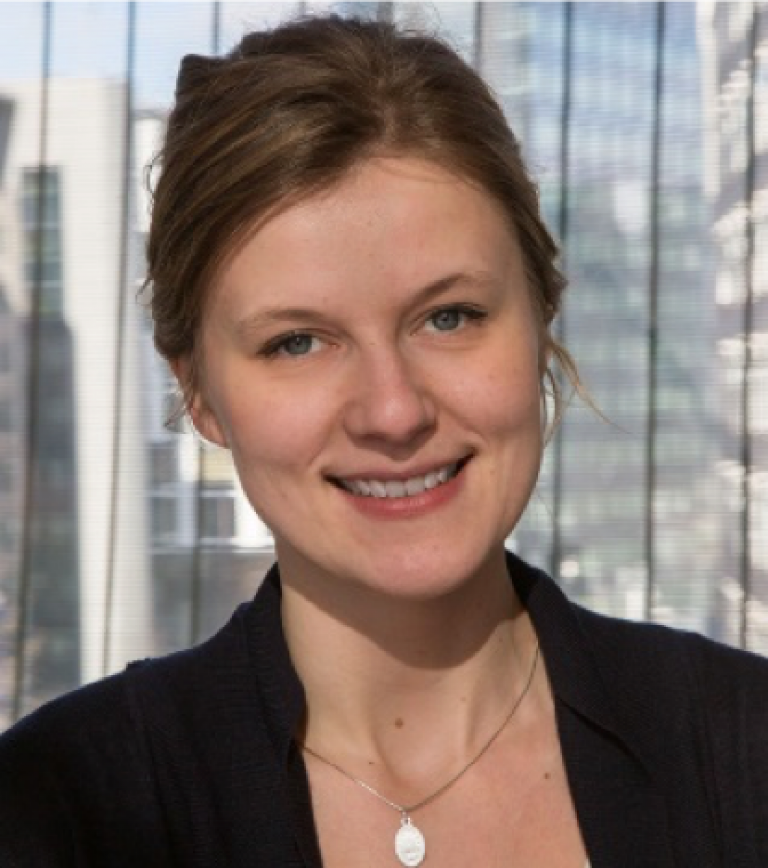Where is the red line? Determinants of Economic Populism in Central and Eastern Europe
16 May 2019, 6:00 pm–8:00 pm

This event is part of the SSEES Research Student Seminar Series. Join us to hear SSEES research students discuss their projects. On the 16th May, Carolin Heilig with : Linkages between civil and political society in Poland: Women’s mobilisation and liberal democracy and Paulina Lenik with Where is the red line? Determinants of Economic Populism in Central and Eastern Europe.
This event is free.
Event Information
Open to
- All
Availability
- Yes
Cost
- Free
Organiser
-
SSEES
Location
-
Engineering Front Executive Suite 103TORRINGTON PLACE,LondonWC1E 7JE
The main objective of the research is to comparatively analyse determinants of the economic populism among the Central and Eastern European countries (CEEs), and specifically in Czech Republic, Hungary, Poland, and Slovakia (V4). By incorporating the (Inglehart&Norris 2016) conceptual framework, the study provides a quantitative comparative analysis of supply and demand factors playing the key role in a rise of both the populist preference of voters (demand) and the presence of populist parties (supply). The core source of data is the European Social Survey (demand side) and the Chapel Hill Expert Survey (supply side). The analysis seeks to verify how economic insecurity, level of public trust and perceptions of long-term costs are guiding voters preference in the region. At the supply side, the research seeks to describe how populist entrants gain political momentum and form their divisive ‘supply rhetoric’.
Keywords: economic populism, demand and supply, Visegrad Group, quantitative comparative analysis, post-transitional fatigue,
About the Speaker
Paulina Lenik
at UCL SSEES
Paulina Lenik holds a MSt in Diplomatic Studies from Blackfriars Hall, University of Oxford (2018) and Postgraduate Diploma in Foreign Service, Department of Continuing Education, University of Oxford (2017). In 2014 she graduated with honours with a Master’s Degree in European Studies from the Centre for European Studies, Jagiellonian University in Krakow. In 2012 she obtained her first-cycle degree in International Economic Relations, Cracow University of Economics. Her current research interests include: illiberalism, democracy, economic determinants of populism, data surveillance, multi-stakeholder governance. She is supervised by Julia Korosteleva and Elodie Douarin at UCL and by István Benczes at Corvinus.
 Close
Close

